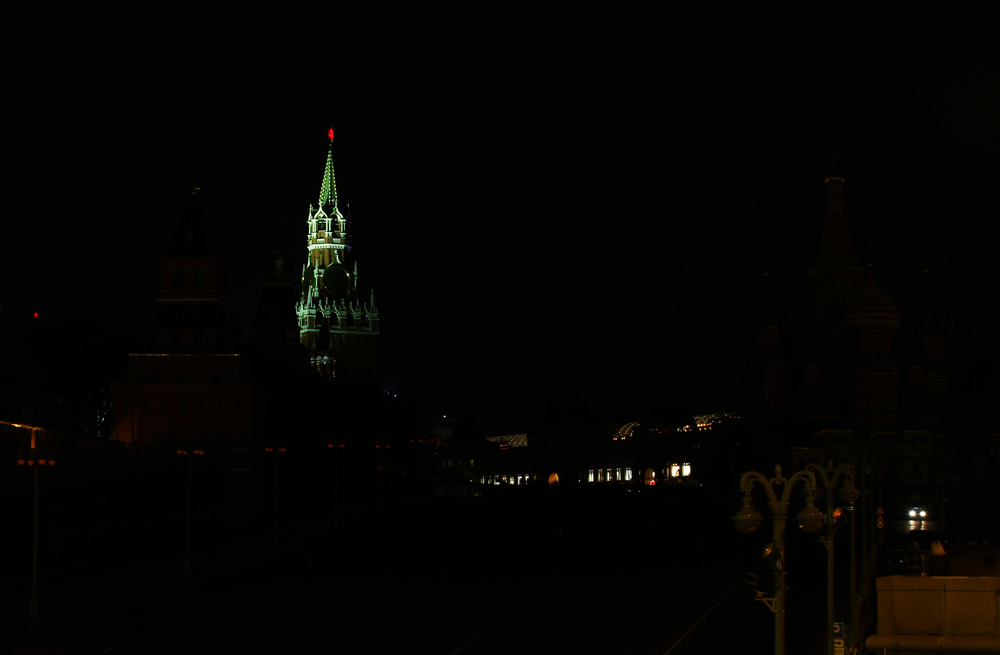Sanctions are working. Ukraine's Foreign Intelligence has reported that Russian airlines could lose hundreds of planes by 2030, as economic measures imposed on Moscow for its aggression against Ukraine prevent them from importing new aircraft, spare parts, and maintenance.
Additionally, over 200 helicopters, mostly Russian-made, are also expected to be decommissioned.
Technical decline and aging fleet
Currently, Russian carriers have 1,135 aircraft, of which only 1,088 are operational—the rest have already been cannibalized for parts. Old Soviet planes continue to fly for up to 60 years, regardless of their actual condition. Engine life for the SaM-146 on Superjets has also been extended.
Unmet plans and domestic reserves
State plans to increase production have failed: between 2022 and 2025, the Russian fleet received only 13 new planes instead of the planned 120+.
In 2025, only one of 15 scheduled aircraft was delivered. To compensate for the shortfall, Moscow is attempting to lease planes abroad, but after refusals from Kazakhstan, Qatar, Kuwait, and Ethiopia, airlines are relying on domestic reserves.
For example, the cargo company Volga-Dnepr transferred eight Boeing aircraft to Aeroflot to be dismantled for parts.
Legal violations
Amid the technical decline, international pressure is growing. In its latest resolution, the International Civil Aviation Organization accused Russia of destabilizing global air navigation through systematic GPS interference and called on the country to stop violating international aviation law.
Read also
-
US Supreme Court clears path to seize Russia’s Sberbank assets for MH17 families
-
Frontline report: Azerbaijan is mass-producing 122mm and 155mm shells — Ukraine wants them all
-
Years after Iran downed Ukrainian plane, killing 176 people, its drone factories now burn under Israeli fire — and Kyiv is watching




